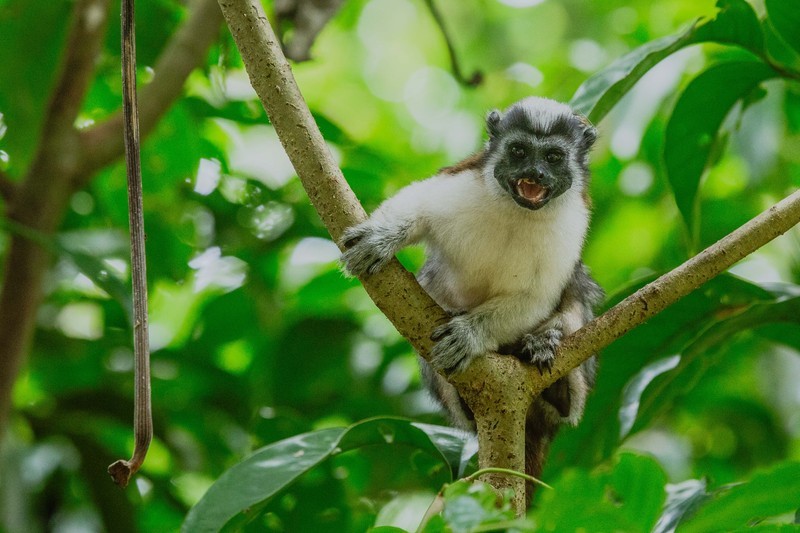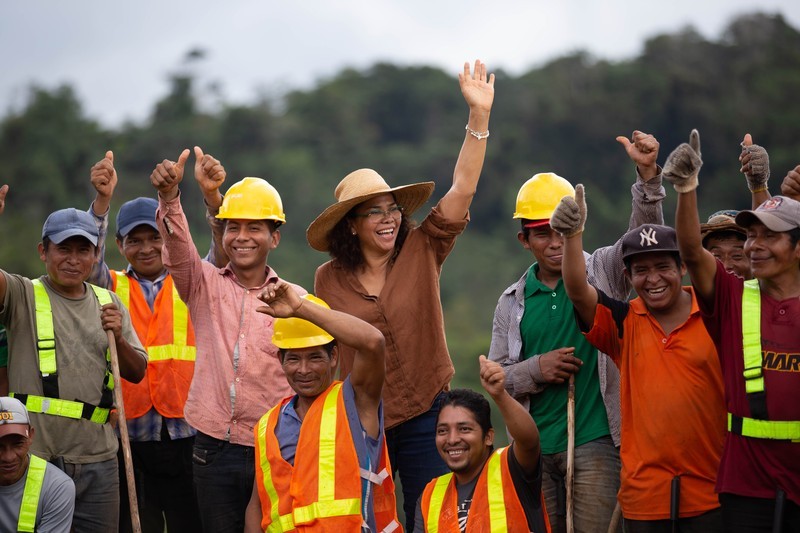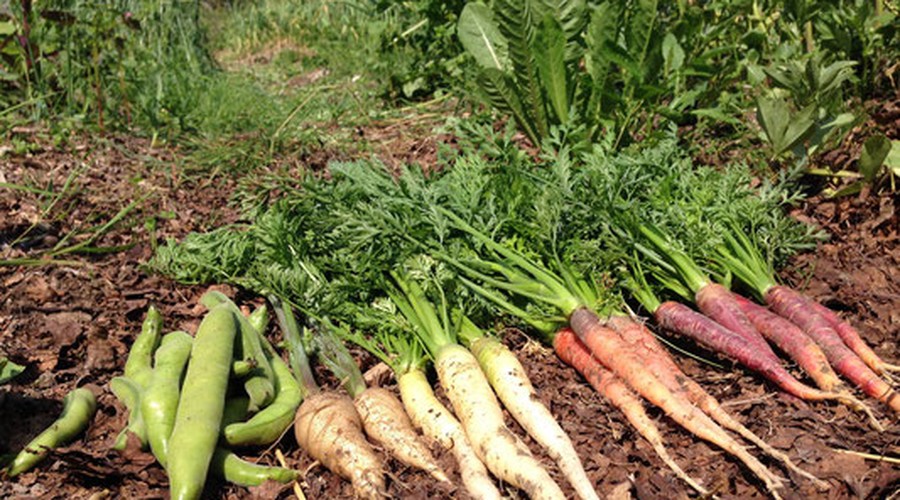The Generation Forest: co-operative against deforestation
A Hamburg co-operative brings together environmental, social and economic issues to fight deforestation
50 years ago, Panama was 70 per cent forested, today it is only 40 per cent. The forest is disappearing to make way for agriculture and livestock farming. The farmers don't think it brings in any money. That's why it can go.
Hamburg geographer Andreas Eke and Panamanian forest engineer Iliana Armién want to prove the opposite in order to stop the clear-cutting. In doing so, they are protecting the rainforest, removing CO2, promoting biodiversity and enabling farmers to achieve economic independence through climate-positive reforestation as opposed to deforestation and cattle farming.
Their idea: to create a resilient tropical mixed forest and earn money from it by selectively taking trees from it and selling them without damaging the valuable ecosystem. Their wood bears the globally recognised seal of approval of the Forest Stewardship Council, or FSC for short, which guarantees high sustainability standards.
Six years ago, they founded The Generation Forest, a co-operative based in Hamburg. Anyone who wants to do something about climate change can purchase a co-operative share for around 1,500 euros. For each share, The Generation Forest creates a further 500 square metres of permanent tropical forest:
The investors' money is used to buy deforested pastureland, renaturalise it and create jobs. Armién and Eke can draw on decades of experience in sustainable reforestation, especially in the tropics. Clima Now is now a member of the Generation Forest co-operative.
The Generation Forest cooperative now has more than 6,700 members from 30 countries. The aim is to reforest at least 3,000 hectares of land by the end of 2027. The recipe for success is also motivating local employees to follow suit







